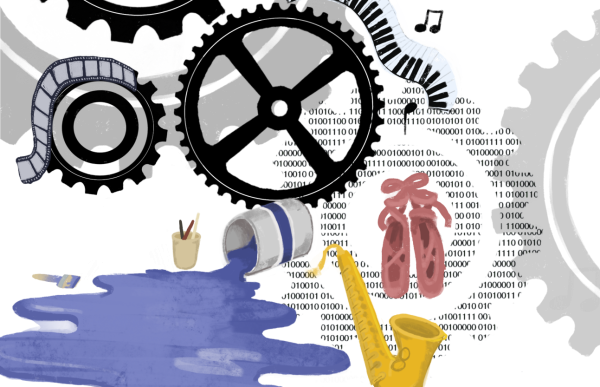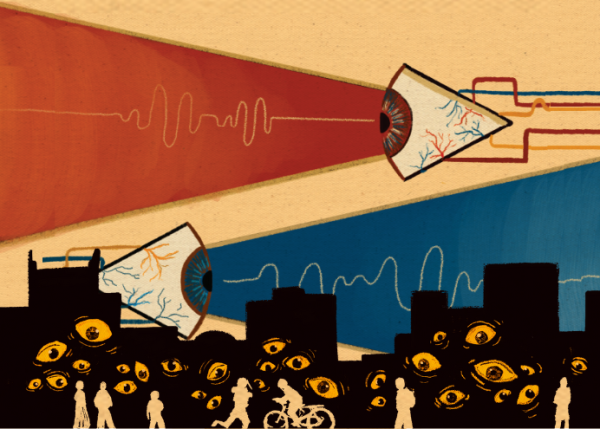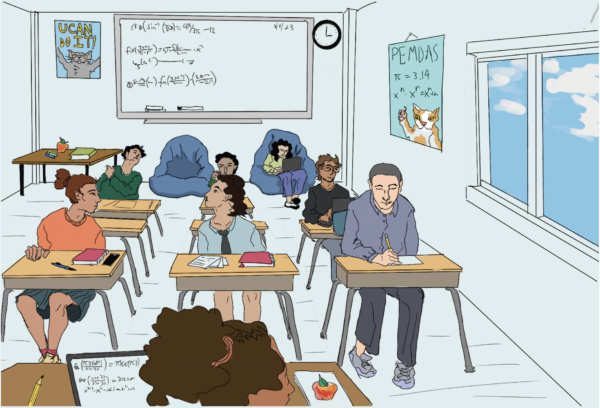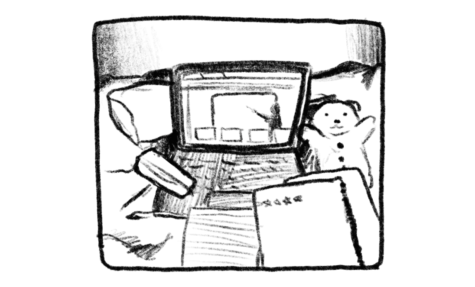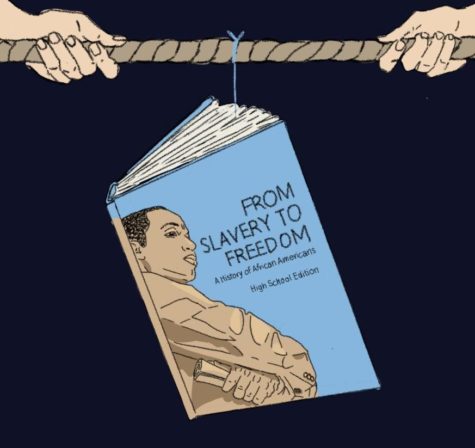Ease Your Mind
Students discuss importance of mental health
November 22, 2016
Break the Stigma.
Even with 1 in 5 Americans fighting a mental illness, the stigma of a mental disorders remains.
“I think mental health is important because it affects your whole being, that means even your brain too,” senior Cameron English says.
According to the National Institute of Mental Health, social anxiety is equally common in both men and women, typically beginning around age 13.
With extra curriculars, school, work, or whatever keeps you busy, it is completely normal to feel stressed or anxious. However, when the stress is too high, you are at a greater risk of developing depression. This illness can make it very difficult to complete everyday tasks because your self-motivation greatly decreases.
At that point, you may begin to feel hopeless and alone. It may seem pointless to ask for help, for yourself or even a friend, but you can potentially save a life.
Seasonal affective disorder, or seasonal depression is another common form of depression. This means that your mood is affected by sunlight. Especially during our transition from fall to wintertime, these issues will be more prominent.
Only 1 in 5 teens who suffer from anxiety seek help. However, it is important to do so as soon as life becomes overbearing. No one will know how you are feeling unless you talk about it.
“Just like physical health keeps you in shape, you need your mind to be in shape,” says senior, Rebecca John.
There are many ways to help you cope with stressful situations, such as taking a bath, exercising, meditating, or venting to a friend.
According to the National Institute of Mental Health, it’s not uncommon for someone with an anxiety disorder to also suffer from depression or vice versa. Starting a discussion about mental health can help normalize the issue and hopefully people will be less dismissive.
At ETHS, there is a resource that you can use if you suffer from anxiety called a Safe Pass, which can excuse you from class if necessary. Ask your counselor if you are eligible to apply for a Safe Pass and call suicide prevention hotline, 1-800-273-8255 if you or someone you know is in need of help.












